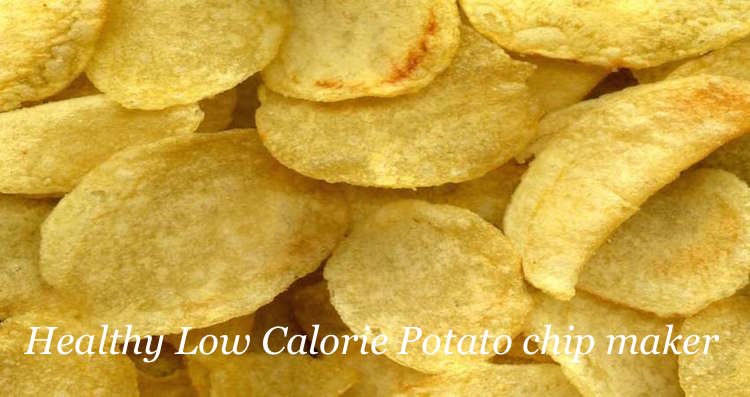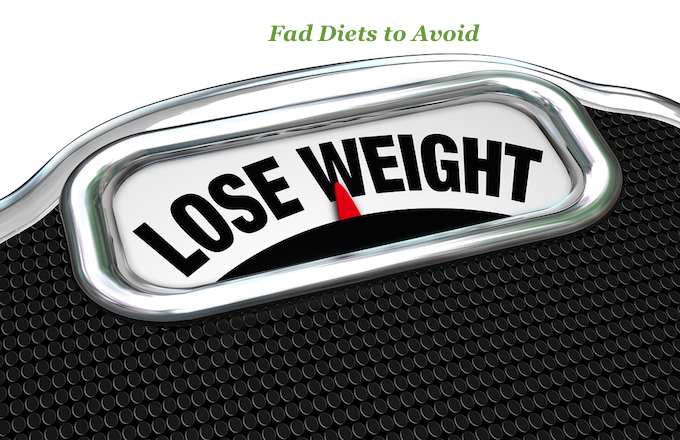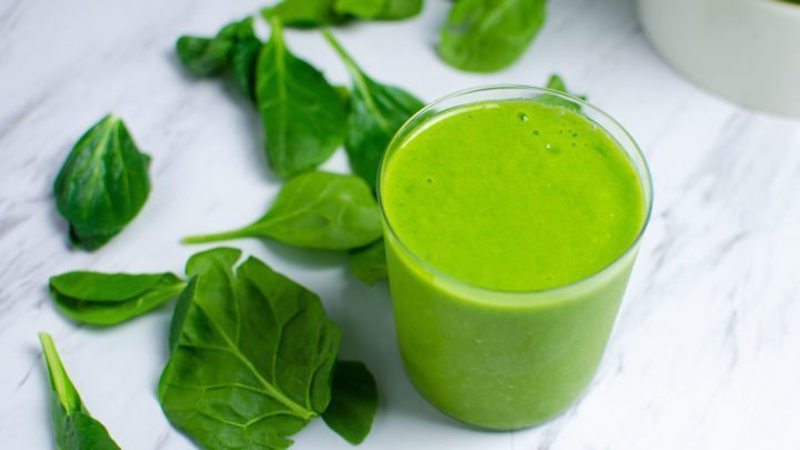10 Diet Fads to Avoid
When it comes to losing weight and dieting, there is an entire industry devoted to making the process as complicated as possible. Many diets that you pay for are legitimate and the people selling them work hard, like any producer, to create a product that is appealing, useful, and effective. The real problem is determining which products are effective, which products are safe, and which products are bogus. This article is about diets that don’t work or, worse, can cause harm.
- Candy Diet
Believe it or not, the candy diet actually existed. In the early 1970s and ’80s, a company developed an appetite suppressant and put it into candy. They called it Ayds Appetite Suppressant Candy. The appetite suppressant in question was phenylpropanolamine (PPA). It is now available only by prescription, but even then is rarely used because it increases risk of stroke substantially.
The real lesson here, which is applicable to any diet you are considering, is the rule regarding things that seem too good to be true. When a high-fat, high-calorie snack is being used as a diet aid, clearly something unusual has been done to it. An appetite suppressant only works as long as you are taking it. So, even if this product hadn’t caused stroke, you would still have to eat it indefinitely to maintain its effects. Few people want to be on medication for a long time if they can avoid it, so steer clear of appetite suppressants, even if they do come coated in chocolate.
- Crash Diets
Everyone who wants to look good for an upcoming event, like a wedding or a reunion, thinks about a crash diet. These diets claim to help you “lose weight fast” and they often deliver on that promise. The long term consequences, however, can be dramatic.
Crash diets set off a series of metabolic changes in your body as a result of drastically cutting your calorie intake. You’ll be hungry the entire time you are on your diet and will want to eat, eat, eat when it ends. Complicating this craving is the fact that, during the diet, your body thought you were starving. In response to the sensation of starving, your body slowed its metabolism down in an effort to retain energy. When you start eating again, you’ll burn calories a slower rate than you did before. The result is that you gain weight more rapidly. This is why so many people gain more weight after a crash diet than they lost while engaged in it.
- Skipping Meals
Some people skip meals as an easy way to cut calories. Skipping meals will work, but only if you then don’t get hungry as a result of not eating. The cycle usually starts with skipping one meal, which is then followed by intense hunger and snacking. Snacks are usually much higher in calories anyway, so the effect is the opposite of what is desired. You need to feel full to resist cravings, so don’t skip meals. Eat a healthy, filling meal that will help you fight the temptation to snack until scheduled meal.
- Not Snacking
 Didn’t the last tip tell you not to snack? Actually, it did not. It told you not to skip meals. Snacking should be a part of any diet because, believe it or not, snacking can help you lose weight. The truth is that everyone snacks and that thinking you can avoid snacking is a mistake that will land you in trouble. If you don’t plan your snacks, then you are likely to choose something very unhealthy when a craving hits and your options are limited. There are great tasting low calorie – healthy snacks so don’t deprive yourself just be smart about choosing your daily snacks.
Didn’t the last tip tell you not to snack? Actually, it did not. It told you not to skip meals. Snacking should be a part of any diet because, believe it or not, snacking can help you lose weight. The truth is that everyone snacks and that thinking you can avoid snacking is a mistake that will land you in trouble. If you don’t plan your snacks, then you are likely to choose something very unhealthy when a craving hits and your options are limited. There are great tasting low calorie – healthy snacks so don’t deprive yourself just be smart about choosing your daily snacks.
It is a good idea to plan for a high-protein, satisfying snack at least once or twice per day. Experts recommend nuts, but you can choose whatever suits your fancy so long as it is healthy and will satisfy your cravings. The last part is important. If nuts don’t satisfy your cravings, then snacking on them will leaving you searching for something else. If nuts don’t work, pick a different nutritious and filling snack like low calorie chips. Whatever you choose to munch on, make sure you take account of it in your total daily calorie intake.
- Low-fat Lies
Low-fat foods can play an important role in any diet, but only if eaten in moderation. It is common for low-fat foods to fail to satisfy hunger the way that high-fat foods do. The result is that people eat three low-fat brownies when a single regular brownie would have sufficed. In that situation, the regular brownie would have provided fewer calories.
An alternative to eating foods labeled as “low-fat” is to know how much fat, sugar, and other ingredients are in a given snack by reading the label. Even better, make your own snacks at home so that you can control the amounts of most ingredients, substitute with healthier ingredients where possible, or choose vegan alternatives that may have fewer calories. Product labeling follows a strange and complex set of laws. Rather than depending on food companies to tell you that something is “low-fat,” read the label and decide for yourself.
- Acai
You remember acai right? It’s the fruit that was touted by Oprah Winfrey as a super-food because of its antioxidant benefits, weight loss benefits, and immune-boosting properties. Unfortunately, acai is extremely expensive (it comes from the Amazon Rainforest after all) and has limited benefits when it comes to weight loss. In fact, acai is no more beneficial to your health or your weight than any other fruit. You can eat acai if you want, but don’t expect that it will make up for a lack of exercise or an improper diet. Don’t be fooled by claims of “miracle foods” that claim to let you lose weight no matter how many calories you consume.
- The Bowel Cleanse
There is absolutely no health benefit to a colon cleanse. In fact, consuming the products necessary for a bowel cleanse may do more harm than good by killing off beneficial bacteria. These bacteria not only maintain the integrity of your GI tract, they also fend off invading bacteria and produce certain vitamins (like vitamin K). A bowel cleanse may help you shed pounds, by reducing your nutrient intake to nearly zero, but it will do so at the expense of your health and, perhaps, your sanity.
- The Cookie Diet
Sanford Siegel, MD, makes homemade cookies that he claims can help you lose weight. In his defense, the cookies do contain a number of natural appetite suppressants like oats, whole wheat flour, and bran. Those are all good foods and any well-balanced weight-loss plan ought to include them. That said, the cookies the Dr. Siegel makes are also deficient in essential nutrients. The nutrient deficiency alone would not be enough to make this diet problematic, but when you add the nutrient deficiencies to the fact that the diet allows for only one actual meal in a day, things start to go awry.
The Cookie Diet makes a bad situation worse worse by insisting that the single meal you eat have only one cup of vegetables in it. That is not even close to the amount of vegetables that the average adult requires. The nutrient deficiencies that result from following the Cookie Diet could have long term health consequences such as increased risk of heart disease, decreased immune function, and even skin changes. Forget about the Cookie Diet. It isn’t worth the risk. Besides, when you return to eating traditional meals, you’ll suffer the same consequences as you do after a crash diet.
- Atkins Diet
The Atikins Diet works, but it isn’t any healthier than the Cookie Diet. In fact, the Atkins Diet can cause a lot of harm. The premise of the Atkins Diet is that putting the body into a state of ketosis, by eating primarily meat, will lead to rapid weight loss. This, in fact, is true.
Ketosis is similar in many ways to the ketoacidosis that diabetics experience when they forget to take their insulin and thus cannot use the sugar they consume. Biologically speaking, ketosis induces the body to burn fat to make energy for muscles and the brain. This is great for weight loss, but remaining in a state of ketosis can damage your liver and your kidneys. In fact, the Atkins Diet can lead to kidney failure under certain conditions. You’re better off just avoiding this diet. Even though following the Atkins Diet will make you thinner, it will probably make you less healthy as well.
- Raw Food Diets
Raw food diets sound great on the surface and, since they are based on vegan living, carry with them a certain amount of credibility. Unfortunately, that credibility is an illusion. While a raw food diet can help you lose weight, it will also help you become nutrient deficient.
It turns out that some nutrients, like iron and lycopene, aren’t available for absorption until after a food is cooked. Without cooking, you will be missing out on some of the nutrients that your food could otherwise provide. Further complicating raw food diets, which are almost always vegan, is the fact that B12 is really only found in animal products. You must supplement with B12 (and probably several other vitamins) if you follow a raw food diet (assuming you aren’t eating raw meat, which is definitely not recommended).
Balanced eating is a better alternative to a raw food diet. You can certainly increase your consumption of raw foods (fruits and vegetables), but don’t cut out cooking entirely. No dietician will ever recommend a raw food diet, so why even consider it?
Diet Dictum
The above list of diet fads to avoid is just the beginning. There are dozens, maybe even hundreds, of diet fads that can do more harm that good. The bottom line with any diet is that you must eat well-balanced, nutritious meals that contain only the calories you need. It really does come down to a balancing act between calories consumed and calories burned in a day. Fad diets almost never work and can often do harm, so you are better of sticking with calorie counting.
There is nothing glamorous or exciting about a diet based on calorie-counting, but it does work. In truth, if your choices are to either follow a fad diet or to avoid diets entirely, then you should choose not to diet at all. You’ll be healthier in the long run as a result of not following a fad diet. You will likely be thinner too.

